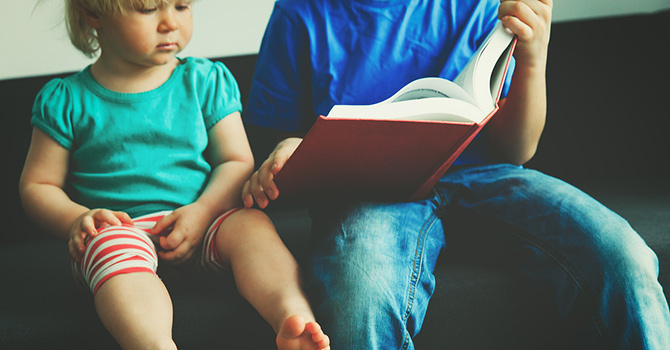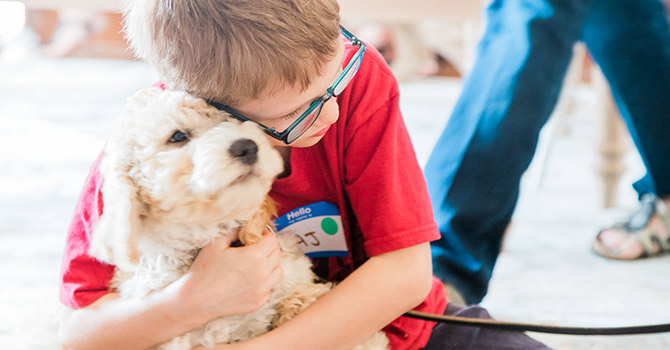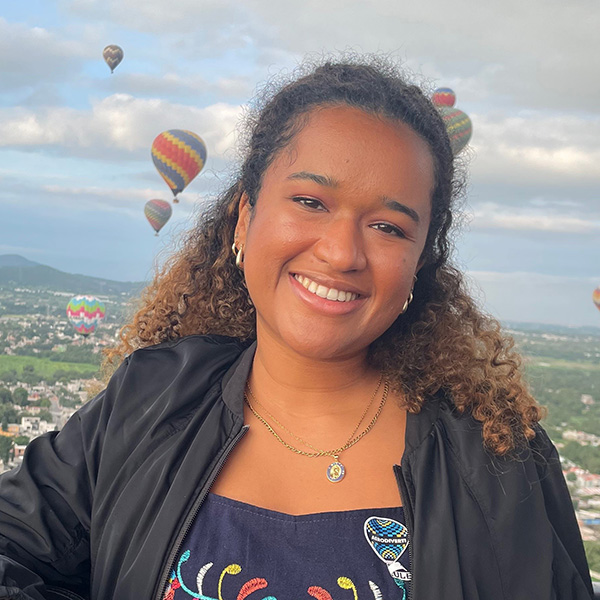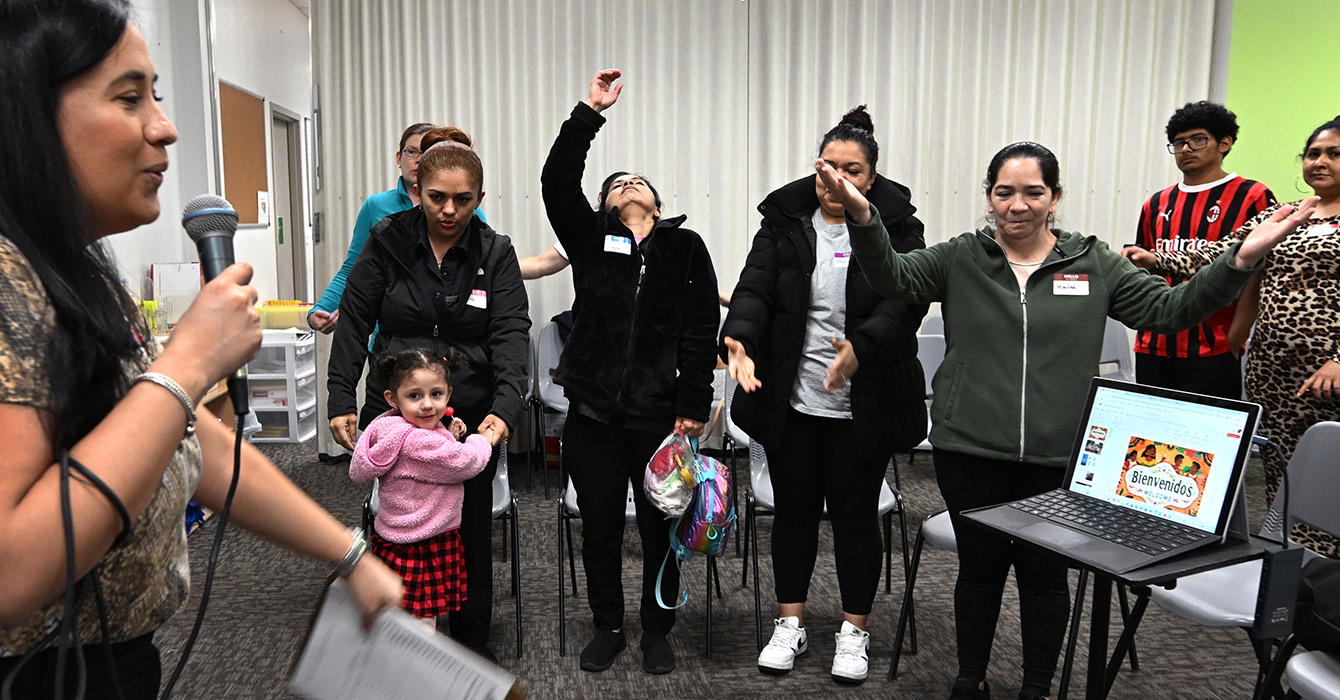“When you encounter difficulties and contradictions, do not try to break them, but bend them with gentleness and time.” -- St. Francis de Sales
I was in a bind. My husband was out of town, my babysitter had canceled, and I was scheduled to volunteer at The Brain Kitchen, an after-school program for struggling kids that I helped start here in Marion, Indiana.
My options were clear: I could cancel or bring my 2-year-old, Paul, with me. But that second alternative made me anxious. Serving more than a dozen third- and fourth-graders from local schools, The Brain Kitchen is always a chaotic place. Would Paul’s “toddler-ness” only exacerbate that afternoon’s inevitable chaos? When I weighed the alternatives, I realized that any chaos Paul might add would be far less than the chaos that would ensue if a volunteer didn’t show up. So off we went.
When Paul and I entered The Brain Kitchen, the first child we saw was Malcolm (all children’s names in this essay are pseudonyms). A lively, sometimes even rowdy child, he was often a subject of discussion among the volunteers, who wanted to find ways we could better help him. Although the volunteer-to-child ratio is 4-to-1 at The Brain Kitchen, Malcolm seemed as if he needed his own personal buddy to help him stay focused and on task.
The entire group, volunteers and children, for example, might be sitting at a large table drawing with crayons when Malcolm would suddenly, for no apparent reason, begin shouting unintelligibly. Sometimes he would abruptly jump up, run and try to climb a wall. Or he would run laps around the house, bypassing the various areas where activities were scheduled.
He needed a buddy, we assumed. And maybe a physical activity to burn all that pent-up energy. Perhaps flag football?
So when we entered the building and saw Malcolm, I couldn’t help holding Paul a bit tighter. Sure enough, when Malcom saw Paul, he made a beeline for us. But then he surprised me.
“Hi, baby,” he said quietly to Paul.
As Paul hid his face in my shoulder, Malcolm held out a finger and gently touched his arm.
“Can I hold him?” he asked, as Paul tightened his grip around my neck.
“Let’s sit next to each other on the couch,” I said.
We made our way to the couch, where Malcolm tried in vain to engage Paul in conversation. Changing strategies, Malcolm walked over to a bookshelf and brought back a baby’s board book. It was not part of our regular collection of books but had somehow ended up in our library. Opening it, Malcolm haltingly read aloud the simple words on the page.
It was the first time I had ever heard Malcolm read. Although The Brain Kitchen has many books, nobody had been able to get Malcom to pick one up. As he read, I realized that most of our books, though written for third-graders, were too difficult for him. And he probably would have been embarrassed to be caught reading a “baby book” -- unless he had a baby to read it to.
As Malcom continued reading, Paul relaxed and leaned into him. When they finished, Malcolm took Paul’s hand and led him to the movement room. There, Malcolm pulled out some yoga mats and tried to get Paul to dance with him.
I had never seen this side of Malcolm. Even before The Brain Kitchen opened, I had focused on finding activities that got kids moving and burning energy. I had never considered the power and beauty of gentleness and what it might bring to the lives of children who are struggling.

Brain Kitchen among award winners
Leadership Education at Duke Divinity recognizes institutions that act creatively in the face of challenges while remaining faithful to their mission and convictions. Winners receive $10,000 to continue their work.
But Malcom taught me that lesson. Thanks to him, we now deliberately include not just games that allow kids to burn off energy but also activities that foster gentleness.
When three puppies -- therapy dogs in training -- came to visit, for example, we had the kids lie quietly on the floor, as still as possible, so that a puppy might be enticed to lumber across their bellies. When we started a hydroponic garden, the children planted each seed with care and precision, making sure that each one was accounted for. In our vermiculture compost bin, the children interact slowly and mindfully (sometimes, squealing in delight) with the bin’s hundreds of worms. And, we have discovered, children eat more calmly and quietly when their after-school snack is served on secondhand china plates instead of plastic.
But just as we want our kids to be gentle with one another, we also want them to be gentle with themselves. The two skills work together, each supporting the other, a fact that was brought home to me by two other children at The Brain Kitchen.
One day, as Justin was teasing Macrina, he threw a beanbag at her and hit her in the back. She wasn’t hurt, but she was angry. Clenching her fists, she growled at him and had begun to lunge when I caught her shoulders and stopped her.
With my hands still on her shoulders, I guided her down to the floor until we sat face-to-face. Still tense, she cried angrily, raged about Justin and recounted the many things she would do to him to get her revenge. After she exhausted all the possibilities, she took a deep breath and sat still in front of me.
Quietly, I raised my arms and twisted them together at the elbow until my hands were palm-to-palm -- much like the eagle pose in yoga. I had learned this approach in a trauma therapy training session, where they taught us to make the pose and then carefully touch the hands together, fingertip to fingertip, one finger at a time. Without saying a word, I began the exercise while Macrina watched. Within seconds, she tried to do it too.
Her little arms couldn’t do the eagle pose, so instead she held up her hands and began lightly touching her fingers together. Pinky to pinky, pointer to pointer, all five fingers, one by one. It wasn’t a difficult exercise, but it did require some attention. As Macrina watched her fingers come together and apart, together and apart, she grew quiet and calm.
“Macrina, do you realize what you just did?” I whispered. “You got control of your anger all by yourself! You got calm all by yourself. That’s amazing! You are so strong.”
I will never forget the smile that broke across her face. It was such a simple exercise, a chance for her to experience her own gentle touch. And after offering gentleness to herself, she was able to extend it to Justin as well. After a few minutes, Macrina hopped up and ran to the kitchen to knead some bread.
Soon, Justin brought me a letter he had written.
“It’s for Macrina,” he said.
Offering to deliver it, I took the note to her in the kitchen.
“I’m sorry,” Justin wrote. “Please accept my apology.”
After getting a pen, Macrina wrote out her response: “I accept your apology. Thank you.”
I brought Macrina’s response to Justin and waited as he responded to her response:
“Thank you for accepting my apology.”
They continued sending each other notes, each one recognizing the goodness in the other -- and in themselves. And for the rest of that afternoon, I passed the notes back and forth and watched in awe as the passing of notes became the passing of peace.
It reminded me of something that St. Francis de Sales said: “Nothing is so strong as gentleness, nothing so gentle as real strength.” But now I understood what de Sales was saying as never before, thanks to the children at The Brain Kitchen.














